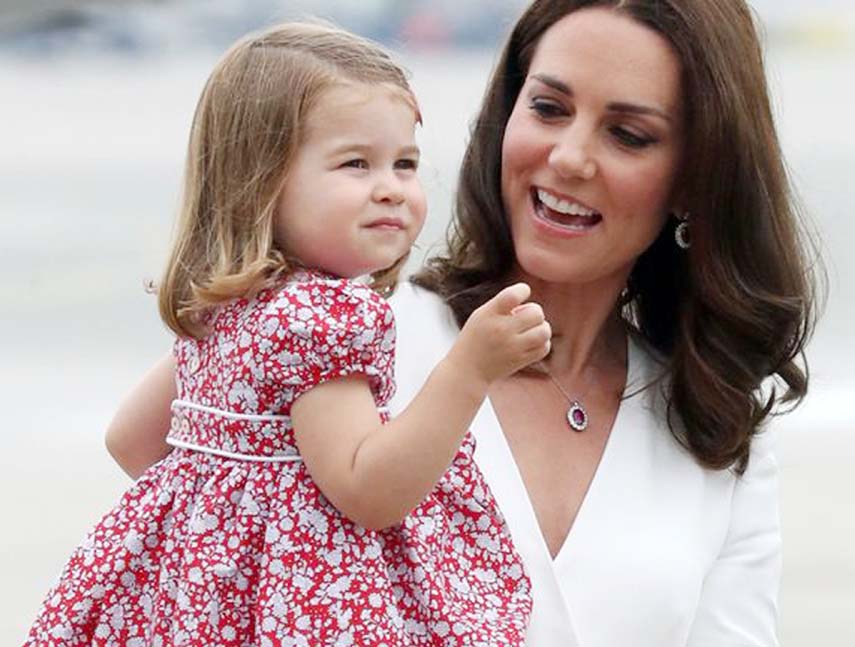
Michael Alcee :
A successful career woman who prided herself on her uncanny ability to manage chaos and cross all the t’s of life, my patient was holding back tears. To admit needing something-time for self-care, sleep, and companionship-felt like defeat. Who was she to show this weakness? So many in her life-at work, in her family, and even in her friendships-looked to her as the model of perfection.
And then it hit me. I couldn’t stop thinking of a clip I had just seen of Meghan Markle talking about being a new mother.
The interviewer was asking about the toll of trying to do it all in the brightest of spotlights. The princess politely agreed that it was enough to be newly married and then newly pregnant, but that it was so much harder with the cruel interrogations of the public eye.
Then something refreshingly real happened. Markle thanked the interviewer for being one of the first people to ask how she was doing in all of this: “Not many people have asked if I’m OK, but it’s a very real thing to be going through behind the scenes.”
Like my client, her tears peeked through. When asked if it was fair to conclude that she wasn’t really okay, she said yes.
She said yes!
What a powerful admission.
We so often think of that yes in connection with something more romantic, like a proposal. But what of proclaiming that yes for oneself, especially as women who so often try to do it all, and yet feel undervalued, overworked, and unappreciated? I should know. As the husband of a new mother myself, I confess my own guilt in missing the myriad ways to declare how much I appreciate all that my wife does for me and our son, often at the expense of herself.
We are finally catching up with this truth thanks not only to the princess but also from hard data. Salary.com recently determined that a stay-at-home mom is actually worth over $160,000 a year and works on average more than 90 hours a week. Our newest princess is doing something even more revolutionary than sharing the numbers, though. She is championing a new model so that women can rewrite the perfectionism fairy tale. Echoing Brene Brown, she is demonstrating how to embrace the beauty in vulnerability.
So why is it that so many hold themselves up to such relentless standards? And what can be done about it?
It’s not uncommon for perfection to loom larger than one’s humanity. Many women feel the keen pressure of being the perfect mother, successful career-minded woman, and utterly fulfilled woman of the Eat Pray Love variety. This outer pressure – echoed in the paparazzi that trail Ms. Markle – forms a toxic and inhospitable environment for real creative growth. It’s the neglectful and critical public that constantly asks, “What have you done for me lately?” instead of “How have you been doing with all of this?” What’s worse is this gets internalized, tightening a Gordian knot. Now, you yourself don’t even attend to or ask if there’s a part of your that’s hurting, tired, or that just needs more. This side isn’t even allowed into conversation; it must be silenced.
And yet here’s the catch: Like my client, we then end up treating ourselves cruelly, like an object instead of a person. We forget and actively suppress our own beautiful vulnerability, and ironically become that very harsh public we wish would actually see us too. We become our own greatest enemy in the quest for balance, fulfillment, and love. This is heightened when we’ve experienced the kind of trauma that requires us to protect ourselves by being perfect.
My client was conditioned to believe that if she didn’t hold up the mantle of superior work, she’d be a total loser and would be rejected by her Ivy League-educated, hyper-successful parents. Since others around didn’t pitch in and even scoffed at emotional work-and sometimes denied its very existence-she also worried that if she became a failure, she’d be just as emotionally inconsiderate as them. She had to be perfect at every turn.
This is where learning how to cultivate and embrace our vulnerability is so essential. It’s not our curse but in fact our greatest blessing and asset if we learn how to make room for it, as the princess so charmingly demonstrates.
If we’ve been through trauma and this feels even harder, we need to get therapeutic help with repairing it so we can have the right to be human again. This kind of self-appreciation, support, and wiggle-room does not need to be earned; it is our birthright.
The perfectionism fairy tale tries to seduce us into believe that we should and can do and be it all. Our greatest virtue is instead being ourselves, warts and all. This is what transforms us from what seems like ordinary circumstances into true royalty.
(Michael Alcee, Ph.D., is a clinical psychologist, TEDx speaker, and author who specializes in using his background in music, literature, and the arts to showcase the transformative power of psychotherapy).

